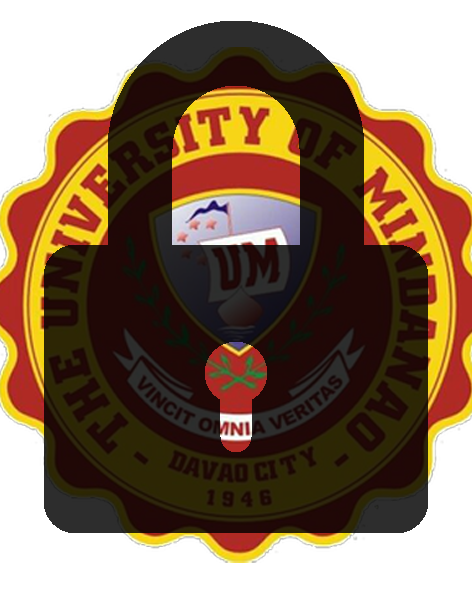Lived experiences of non-STEM students in taking STEM related programs at UM Tagum College : a phenomenological study

View/
Date
2022-09Author
Cabasag, Joshua E.
Datulayta, Carl Florenze N.
Robles, Joshua M.
Keywords
Citation Tool
Metadata
Show full item recordAbstract
Choosing a senior high school strand aligned with a potential college degree and future career is an essential step every high school student should take. Challenges were encountered by high school graduates who took a college course that was not aligned with the strand taken in senior high school. These difficulties are associated with the fact that the essential competencies, foundational knowledge, and skills needed for the college course were not mastered by the student while still in high school. This phenomenological study investigated the struggles encountered and the insights gained by non-STEM graduates taking STEM-related courses at UM Tagum College. Eight (8) participants were selected using the purposeful sampling technique. Data were collected through recorded virtual in-depth individual interviews. The recorded interviews were transcribed and analyzed using thematic analysis. Results revealed that the participants encountered several challenges while taking the course, such as the difficulty of the course, limited background knowledge of the subjects, lack of financial capability and unavailability of scholarship, difficulties in understanding concepts and in solving problems, low self-esteem, awareness that there is a misalignment but still eager to pursue the course. These difficulties were counteracted by coping mechanisms like watching online guides and tutorials, strong motivation, time management, advanced reading of the lessons, and acquiring help from peers. The participants’ insights from these experiences include the necessity of alignment between the SHS strand and college course, the importance of activating prior knowledge, and being resourceful in overcoming difficulties. Further, it is recommended that students must be informed about the importance of the SHS strand and how it can affect their performance in the college courses that they will take. School administrators must provide intervention to counter the effects of misalignment. Bridging programs would benefit both the school and students since it can help students gain relevant prior knowledge and become more ready for their college courses, producing competent graduates in the near future.
Collections
- Undergraduate Theses [181]
Publisher
Bachelor of Secondary Education Major in Biological Science
